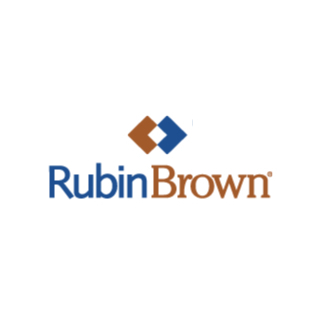Focus on Public Sector: GASB Technical Bulletin No. 2020-1
Focus on Public Sector: GASB Technical Bulletin No. 2020-1
Technical Bulletin No. 2020-1 is organized into six specific questions and responses.
Question 1 asks if resources from the Coronavirus Relief Fund are subject to eligibility requirements or to purpose restrictions and when revenue from those resources should be recognized. The response is that CARES Act funding is considered to be a voluntary nonexchange transaction under GASB Statement No. 33. Therefore, a recipient government should recognize resources received as liabilities until the applicable eligibility requirements are met, which typically consists of the incurrence of eligible expenditures. Once the eligibility requirements have been satisfied, the government should then recognize revenue.
Question 2 considers how to account for resources from CARES Act provisions such as the Provider Relief Fund that address a government’s loss of revenue attributable to the effects of COVID-19. The response to Question 2 concludes that in these cases, the specified actions of the recipient that resulted in the loss of revenue, such as the cancellation of elective procedures by healthcare entities, are considered to be the eligibility requirements. Revenue should be recognized as the government meets these eligibility requirements.
The response to Question 3 specifies that any amendments to the CARES Act enacted after the statement of net position date but prior to issuance of the financial statements would be reported as a nonrecognized subsequent event.
The response to Question 4 states that a governmental entity that receives a forgivable loan as part of the Paycheck Protection Program should continue to report the loan as a liability until that entity is legally released from the debt. The entity should report an inflow of resources in the reporting period that the entity is legally released from the debt.
The response to Question 5 indicates that CARES Act funding should generally be reported as nonoperating revenues by business-type activities and enterprise funds. The exception to this rule is any resources received through the Provider Relief Fund’s Uninsured Program administered by the U.S. Department of Health and Human Services. These constitute payment for care and treatment services provided to the uninsured, and thus should be reported as operating revenues.
The response to Question 6 indicates that outflows of resources incurred in response to the coronavirus should not be reported as extraordinary items or special items within the financial statements. This is because the occurrence of a coronavirus disease is not considered to be infrequent in occurrence, and thus does not qualify as an extraordinary item. Additionally, the appearance of a coronavirus disease is not considered to be within the control of management, and thus does not qualify as a special item.
The full text of GASB Technical Bulletin No. 2020-1 is available on the GASB website.
Readers should not act upon information presented without individual professional consultation.
Any federal tax advice contained in this communication (including any attachments): (i) is intended for your use only; (ii) is based on the accuracy and completeness of the facts you have provided us; and (iii) may not be relied upon to avoid penalties.
